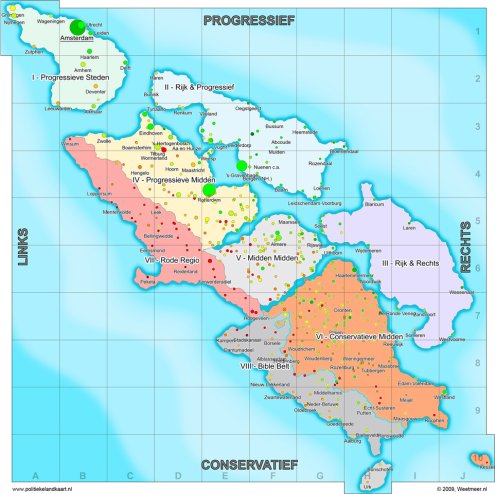Writes the High Perfomance Computing and Visualisation department of the University of Groningen:
Scientists can now use our new enormous multitouch screen. […] We turned our existing 3D theatre with a big cylindrical screen into one that can detect 100+ simultaneous touches. We mostly used off-the-shelf hardware components and public domain software. Apparently size does matter and the result is really impressive.
[…]
Now we have such a touch screen we can use it for driving our existing software, but the initial goal was to facilitate the scientists studying Geographic Information Systems and a research group that studies interaction methods for touch screens. Having such a huge screen changes the way people interact with data and with each other. They could easily work on part of the screen in their own little environment but could switch very fast to a more collaborative approach.
Link: Quick Online Tips. Video: Youtube / 1LLUS.

